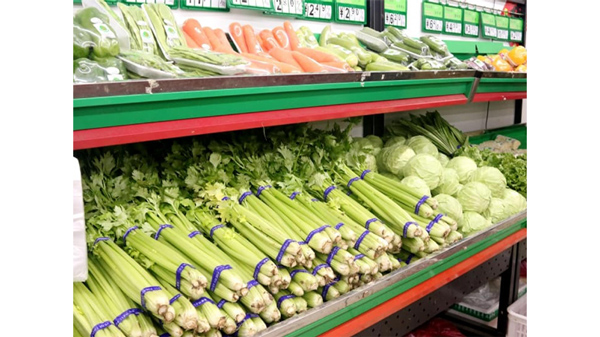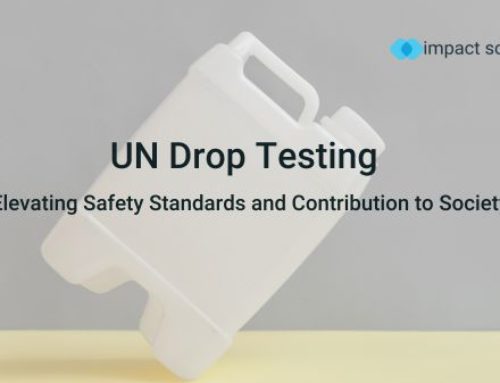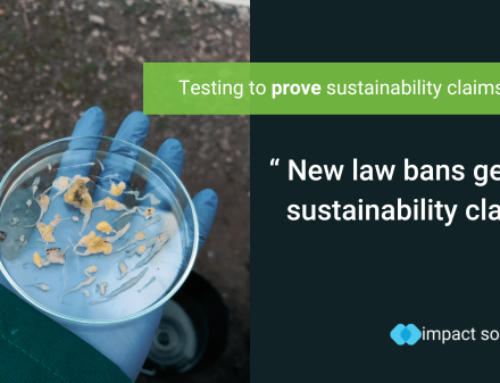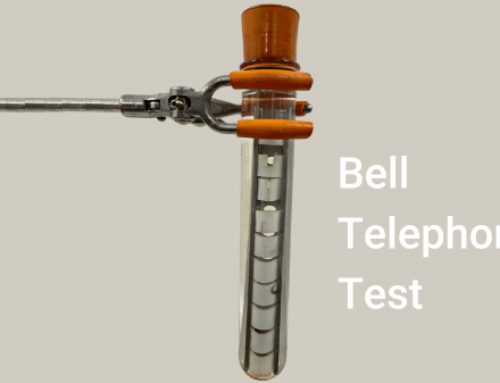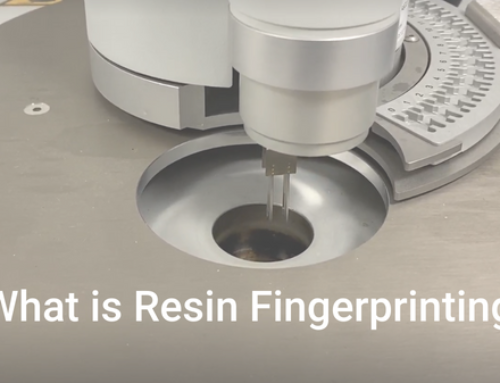The use of plastic in our everyday lives is an integral one. Sometimes it’s easy to question just why it’s everywhere. Is there a reason for it to be wrapped around our vegetables? For it to be wrapped around the array of products it shelters?
While controversial, plastic wrapping does have a purpose in our everyday lives.
Plastic is in almost everything we use, from our technological devices, our cars, safety seats, etc. and it is there for a reason. We’re going to explore a few of them and why they can serve a greater purpose.
Plastic wrap on items can help us transport them thousands of miles, giving access to certain products or food types that aren’t easily accessible in many regions, depending on seasonal production of vegetables and the like, keeping them fresh and lasting much longer than they otherwise would, while also decreasing the weight in transported goods. This helps feed economical needs, such as forming trade agreements and ease environmental concerns by reducing both greenhouse gas emissions and the amount of fuel required for transport.
Another positive of plastic packaging offering protection to products, is that many plastics are resistant to chemicals, moisture, gases and insects, which can ensure a products longevity, preventing waste of food, which would keep emissions of greenhouse gases lower from food waste.
Without the use of plastic packaging, many things would be damaged or spoiled, with food waste having a higher carbon footprint to that of packaging waste. Packing helps to keep these emissions lower. During food production, many resources are used. The longer we are able to keep produce in good condition, so that it can be consumed, means less wasted resources and less wasted food. As an example of this extension of shelf life on food produce; a cumber will last up to 14 days more when wrapped in plastic, than if it were bare on the shelf.
So, does plastic serve an irreplaceable purpose? Yes. Plastics serve a purpose in our society when it comes to packaging and it is a purpose that is not easy to replace with something else. Without it we cannot transport many items from other countries or continents, food would spoil quicker and its resistance to many chemicals that would ruin products. This is an everyday reliance that many people don’t realise we need, as it is safe, hygienic, light-weight, versatile and recyclable.
To learn more about plastics, head to our Plastic Free July blog. Be sure to also head to our Facebook, LinkedIn and Twitter to stay up-to-date with plastic packaging.

